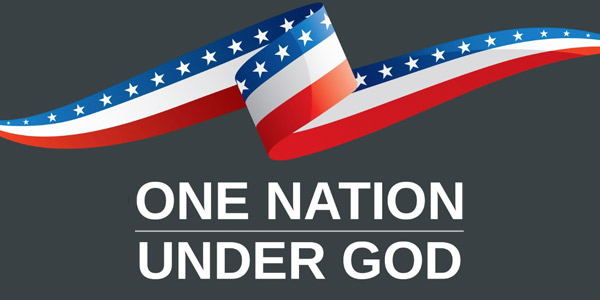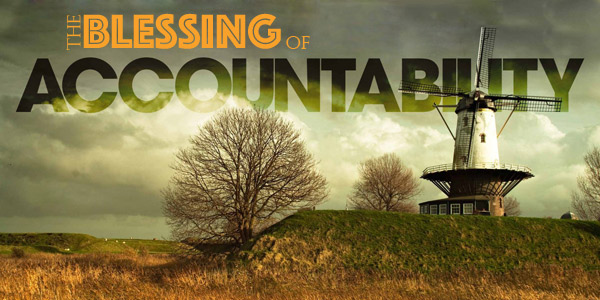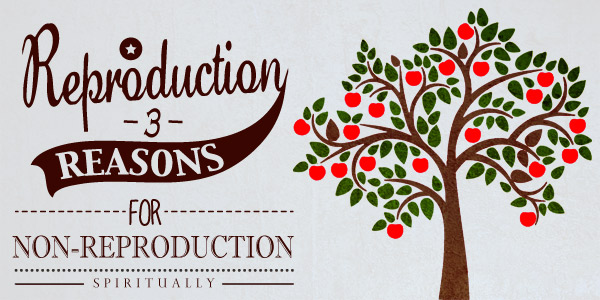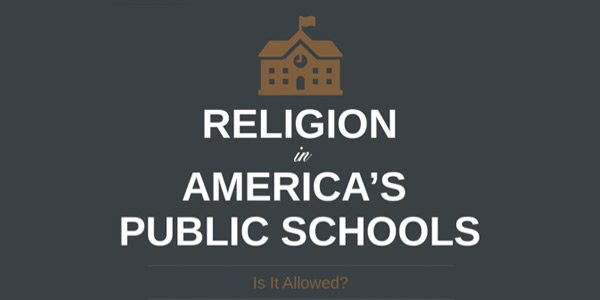On June 26, 2015, our Supreme Court took a public and final step across the line of biblical abomination in the sight of God.
In a 5-4 decision, the Supreme Court ruled, “The Fourteenth Amendment requires a State to license a marriage between two people of the same sex and to recognize a marriage between two people of the same sex when their marriage was lawfully licensed and performed out-of-State.”
This decision should make our spirits sadden and hearts heavy, but should not be a shock to our spiritual system.
The Supreme Court has been marching toward this decision slowly but surely since the 1960’s.
- In June 25, 1962, the United States Supreme Court took the Bible and prayer out of the public school system in America.
- The United States Supreme Court decided in Engel v. Vitale that a prayer approved by the New York Board of Regents for use in schools violated the First Amendment by constituting an establishment of religion.
- In January 22, 1973, the Supreme Court legalized the killing of babies.
- The U.S. Supreme Court ruled in Roe v. Wade that women, as part of their constitutional right to privacy, can terminate a pregnancy during its first two trimesters. Only during the last trimester, when the fetus can survive outside the womb, would states be permitted to regulate abortion of a healthy pregnancy.
When our country decides to have no regard for life and no regard for God, then we should not be shocked when they have no respect for the institution of marriage.
However, where abortion has run under the radar and is not talked about or publicly bragged on by ladies or families – same-gender marriage or sodomy will be thrown in our face on a daily basis.
Where taking the Bible and prayer out of the public schools has not directly impacted the church, but the student – same-gender marriage or sodomy is going to impact the church and how we conduct business.
Same-gender marriage will impact how Child Protective Services qualifies a home. To leave a child in an abusive home is just as negligent as leaving a child in the home of a same-gender marriage.
Same-gender marriage will impact how the IRS looks at tax credits. A same-gender marriage home will now be given the same tax credits that a traditional marriage home will be given; thus, putting more of a tax burden on America.
Same-gender marriage will impact how the church sanctions marriage. The church altar will now be muddied with sodomite marriages and will be sanctioning more than marriage; they will be sanctioning abominations. I have a news flash for this nation, state, and city. Longview Baptist Temple will not be performing same-gender marriages at this altar as long as Bob Gray II is pastor.
Please listen to the words of Thomas Paine that were written in his treatise called the Crisis on December 23, 1776.
THESE are the times that try men’s souls. The summer soldier and the sunshine patriot will, in this crisis, shrink from the service of their country; but he that stands by it now, deserves the love and thanks of man and woman. Tyranny, like hell, is not easily conquered; yet we have this consolation with us, that the harder the conflict, the more glorious the triumph. What we obtain too cheap, we esteem too lightly: it is dearness only that gives every thing its value.
If Thomas Paine in 1776, 172 days after they declared their independence, could stand and declare that they were not giving in to tyranny no matter what it cost them, then I wonder under this present pressure that we are facing if 172 days from right now will we have the same resolve against spiritual tyranny as our forefathers had against physical tyranny.
 However sad and sickening the state of our nation is right now, I can proudly say, “I still love our country.” I still love:
However sad and sickening the state of our nation is right now, I can proudly say, “I still love our country.” I still love:
- Our flag
- Our 50 states
- Our military might
- Our streets and lanes
- Our mom and pop businesses
- Our small towns and tall skyscrapers of the big city
- Our state rights
- Our freedom to worship the Lord
- Our freedom to carry our King James Bible in public
- Our freedom to not only preach about Jesus Christ, but to personally one-on-one tell people about Jesus Christ.
You see, regardless of how embarrassed we are about our administration, we still love the Oval Office. Regardless of how disheartened we are about the lack of morality and integrity exhibited by some of today’s political leaders, we still love and respect the Senate and the House of Representatives. Regardless of how unfair the taxation is right now, we still love and enjoy the most cared for country on the face of the Earth.
You see, true love does not love when things are perfect and palatable. True love is when you see the flaws and imperfections and still choose to love. Because I still love America, I want to be the solution to the problems in our country and not part of the decay of our country.
Romans 12:21 gives a solution to our problem when it says, “Be not overcome of evil, but overcome evil with good.” The word “evil” is what best describes the tide in America. We are being overcome with evil.
Regardless of what the Supreme Court decides, the verdict has been in on the subject of sodomy for an eternity. Leviticus 18:22 says, “Thou shalt not lie with mankind, as with womankind: it is abomination.” Leviticus 20:13 says, “If a man also lie with mankind, as he lieth with a woman, both of them have committed an abomination: they shall surely be put to death; their blood shall be upon them.”
Since the top abomination of the Bible has now been legalized in the United States, what are we to do with this evil? We are to overcome this evil with good. Look again at the wording of the Word of God. “Be not overcome of evil, but overcome evil with good.” (Romans 12:21)
Some would say that it is too late for us to change the tide; however, when you read the Word of God you find out as long as Christians are on the scene we still have a chance to change things. Isaiah 1:9 says, “Except the LORD of hosts had left unto us a very small remnant, we should have been as Sodom, and we should have been like unto Gomorrah.” God repeats this verse in Romans 9:29, “And as Esaias said before, Except the Lord of Sabaoth had left us a seed, we had been as Sodoma, and been made like unto Gomorrha.” Notice that as long as there is a “seed” left in America, there is hope. If you are saved, then you are the “seed.”
Because I still love America, I have chosen to become a part of the solution of good and not a part of being overcome with evil.
There are only two ways I can live: be a part of the solution and do good or be a part of the problem and do evil. If we have been left as the remaining remnant and remaining seed of the Son of God, then let’s start the overcoming process of good.
The decision concerning same-gender marriages is nothing more than the slow and methodical conquering of evil over the past fifty years. If we are going to turn the tide of evil overtaking everything around us, then we must begin the turning the tide at the exact place evil found its start, and that is in the heart of man.
Because I still love America, then I am going to become a part of the solution and not a part of the problem. I am either giving good a helping hand to good or I am giving a helping hand to evil. Evil or good are winning by what I do.
- Evil is winning in my language or good is winning in my language.
- Evil is winning in my relationships or good is winning in my relationships.
- Evil is winning in my marriage or good is winning in my marriage.
- Evil is winning in my entertainment or good is winning in my entertainment.
- Evil is winning in my family or good is winning in my family.
You see, you are the solution to a better country. If every Christian would take personal responsibility for what goes on in their mind, body, home and what they allow around them in their personal space, then we could push back the tide.
The Supreme Court did not make a decision of their own choosing, they made a decision based on what an evil society put before them. However, I still love America and I still believe America stands a chance. Because I still believe that, I am going to do my part with my life and those associated with my life and the world around me every day by doing good.
We need to settle down and simply love our country and realize that we are the solution to the evil. Overcome evil by doing good.
Bob Gray II
Pastor
Longview Baptist Temple
Longview, TX


























